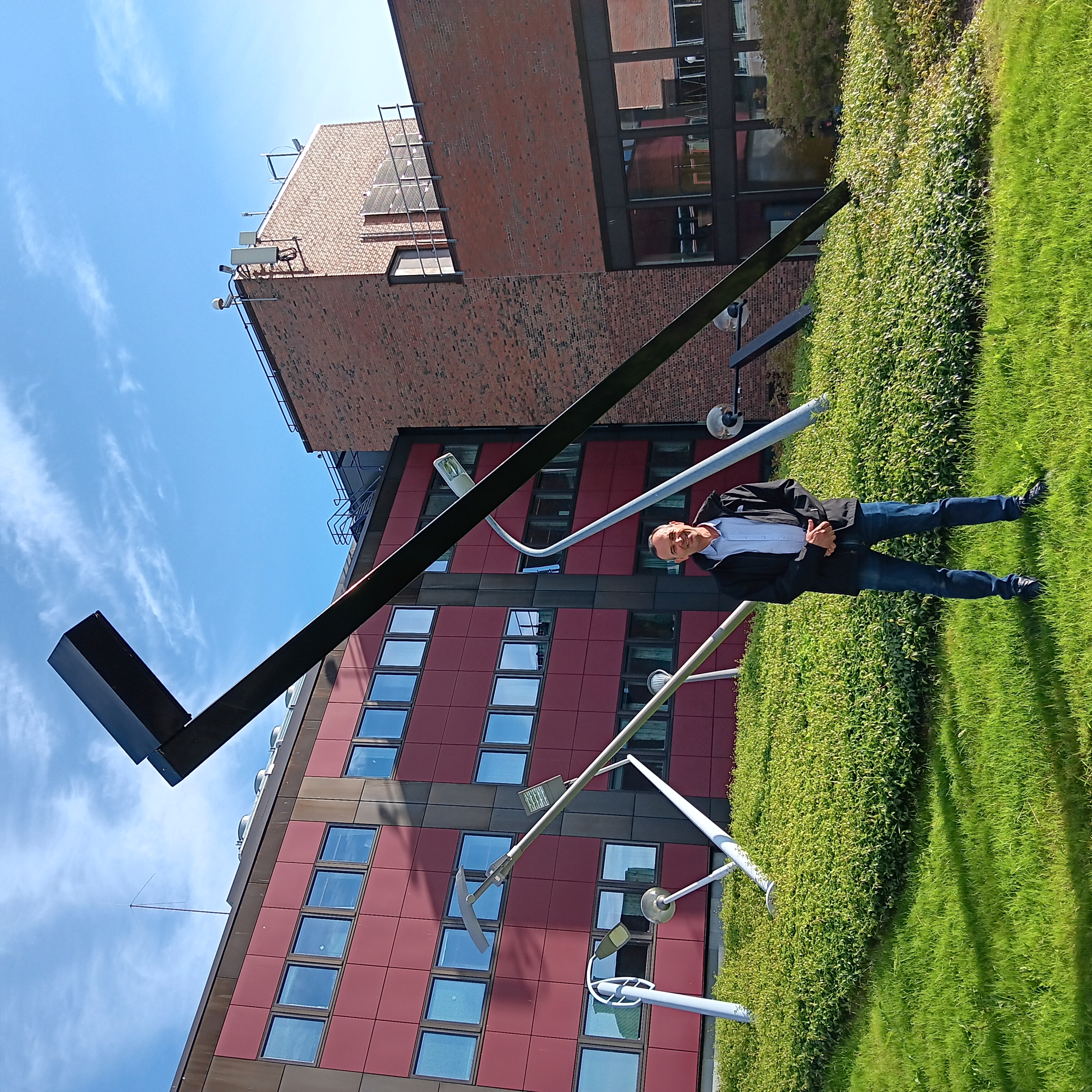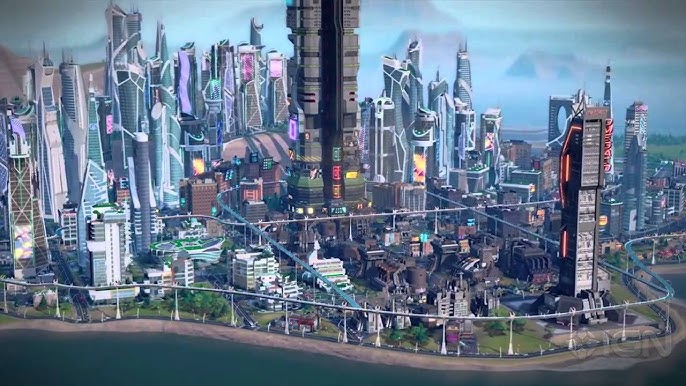‘In games, you can fail and recover as much as you like’
UiT collaborates closely with the University of Porto to develop new methods for learning through simulation technology and digital games. Such courses are now being offered at several EUGLOH universities.

How can learning and teaching be improved through the use of immersive media, virtual reality, and digital games? This is a question António Fernando Coelho, a professor of computer science at the University of Porto, is continuously working on. He is the academic leader at the University of Porto in EUGLOH and teaches computer graphics, programming, and digital games.

Living laboratories
Under the EUGLOH concept of Living Lab, Coelho leads courses at with several European partner universities, with UiT as a one of the contributors. The concept includes a variety of activities to foster the development of transversal skills, in immersive and experimental learning environments. These ‘living laboratories’ are run by interdisciplinary teams of staff and students, aiming to promote pedagogical co-creation in education, research, innovation, and community services.
Coelho hopes that different variations of the Living Lab concept can be developed at each partner university in the EUGLOH alliance, and he is eager to connect with new potential collaborators.
‘These courses are fruitful in many ways. We can gain different experiences, pedagogically speaking, from both students and staff. This can help improve and renew pedagogy and how we teach in the future. We can gain new perspectives on the best methods for co-creation, the scope for collaboration, and how we can develop and build a shared European campus,’ says Coelho.
Aiming to renew pedagogy
Coelho points out that immersive media and digital games open up new methods of learning and teaching that were previously impossible.
For Coelho, an important point is that by using immersive media, we can place all students and staff in a single virtual classroom through simulation. Another possibility is that participants can explore different scenarios and strategies through role-playing games.
This can help improve and renew pedagogy and how we teach in the future. We can gain new perspectives on the best methods for co-creation.
He highlights that immersive media are effective because they allow for the integration of other digital tools. Additionally, he believes they make it easier to measure, analyse, and provide feedback.
‘Immersive media is one of the technologies that can strengthen internationalisation. If we cannot have physical mobility, we can have virtual mobility, but with much more presence than just on Zoom or Teams. These are not really effective tools for communication in a learning situation,’ Coelho points out.
Facts about Living Lab
- Courses which are ‘Living laboratories’, which take the form of workshops, hackathons, and courses run by interdisciplinary teams of staff and students.
- They utilise simulation, virtual reality, and digital games as tools to solve societal challenges.
- The goal of these activities is to promote pedagogical co-creation in education, research, innovation, and community services.
- António Fernando Coelho, a professor of computer science at the University of Porto, is the initiator and driving force behind the concept.
- EUGLOH supports several courses that are part of the concept at various partner universities, with UiT as an active collaborator.
Can strengthen personal growth
Coelho adds that games and gamification can enhance students' personal growth and adapt the pace of teaching to each individual student.
‘This allows students to develop at different speeds, which is the best way for each student to learn effectively. Games can also provide experience. By using games with simulations, we can achieve improved learning and performance, as students can attempt to overcome problems. They can identify the challenges they face and learn from this interaction,’ he says.
There are several types of games that students and staff can use in a virtual classroom. Coelho points out that in role-playing games, collaboration, competition, and negotiation are used as a basis for coming up with new solutions to problems and learning from discussions and debates.
Fail and recover as much as you like
Coelho believes that games like Sim City is are a good example of the learning potential of digital games. In this game, players can learn to manage the development of an entire city and build an understanding of how good or bad political decisions affect its inhabitants.
‘When people take on different roles, they will understand how difficult it is to solve complex problems. We can learn a lot from trial and error. Getting back on your feet after making a mistake is an important part of the learning process to find good solutions,’ he says.
However, Coelho emphasises that problem-solving has different conditions depending on the culture one comes from.
‘Some cultures do not allow mistakes, which is an effective barrier to learning. But in games, you can fail as much as you like, and you will learn a lot,’ he states.

Interdisciplinary collaboration
Coelho has gained significant experience from work he has done with master's students in computer science at the University of Porto. They have high competence in programming, but initially, he discovered that they were not necessarily as creative when it came to design. Coelho decided they needed new ideas from other disciplines, so he brought together students with diverse backgrounds for a ‘game jam.’
Learning about learning
- Coelho leads hackathon courses, where teams compete to find effective solutions to specific challenges.
- A central principle of the courses is gamification, where elements from digital games are integrated into other contexts to increase motivation, engagement, or desired behaviours among participants.
- One course, titled Serious Games as a global health education tool, will be held at Ludwig-Maximilians-Universität München (LMU) in autumn 2025 and at the University of Szeged in 2026. In this course, participants can attempt to solve global health challenges through simulation and by applying strategies from educational games.
- Another course, titled Putting the students first, will be held online and then in person at the University of Porto in autumn 2025 and at the University of Novi Sad in 2026. This course focuses on how students can ‘learn about learning’ while also safeguarding their own well-being and personal development.
‘We therefore collaborated with art students on design courses. They could create 3D models and co-create the games with the computer science students. The result was much more creative and visually appealing, and it had a completely different impact on the design of the digital games,’ says Coelho.
For many of the students, it was initially very difficult to collaborate. He points out that they had different vocabularies or ‘tribal languages,’ different time management habits, and even used different social networks to communicate. But over time, they learned to find ways to build bridges.
Over time, Coelho's student groups have also included students in sound design. In his game classes, he also has many mobility students.
‘Their participation increases creativity because they bring stories from their home countries and cultures. The cultural diversity enhances creativity and innovation,’ he adds.
In Coelho's view, workshops with a high degree of academic and cultural diversity yield excellent results.
‘Not only do the results improve when interdisciplinary collaboration is introduced, but the learning process also becomes better. They learn that a problem cannot be solved using only one academic or professional discipline. Interdisciplinary skills will become increasingly important in the future because complexity is now the norm in the job market,’ Coelho concludes.